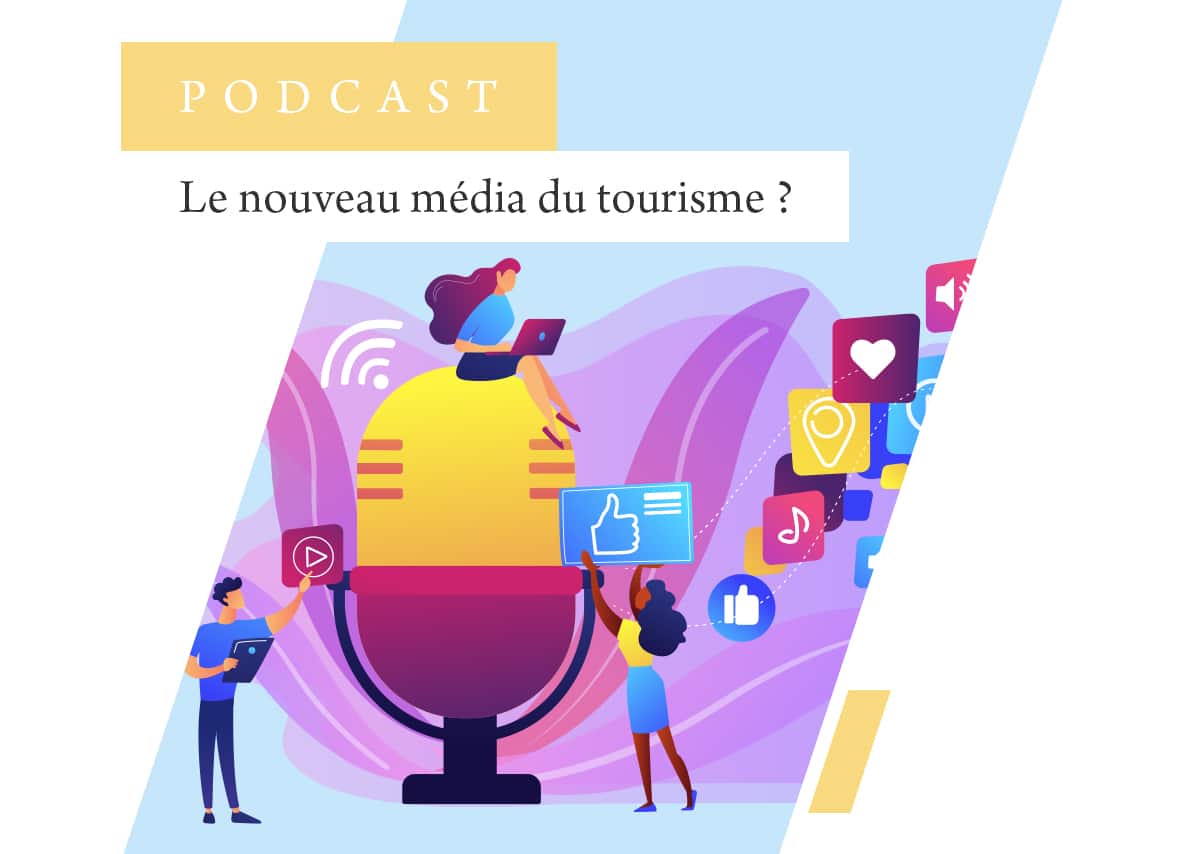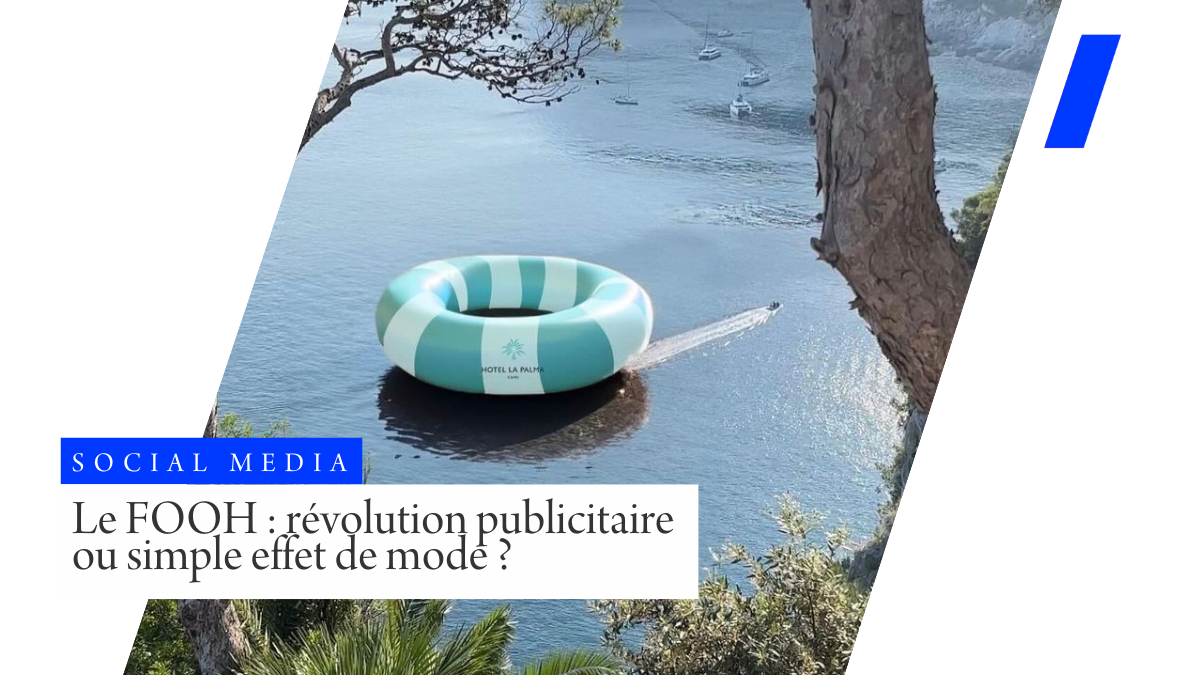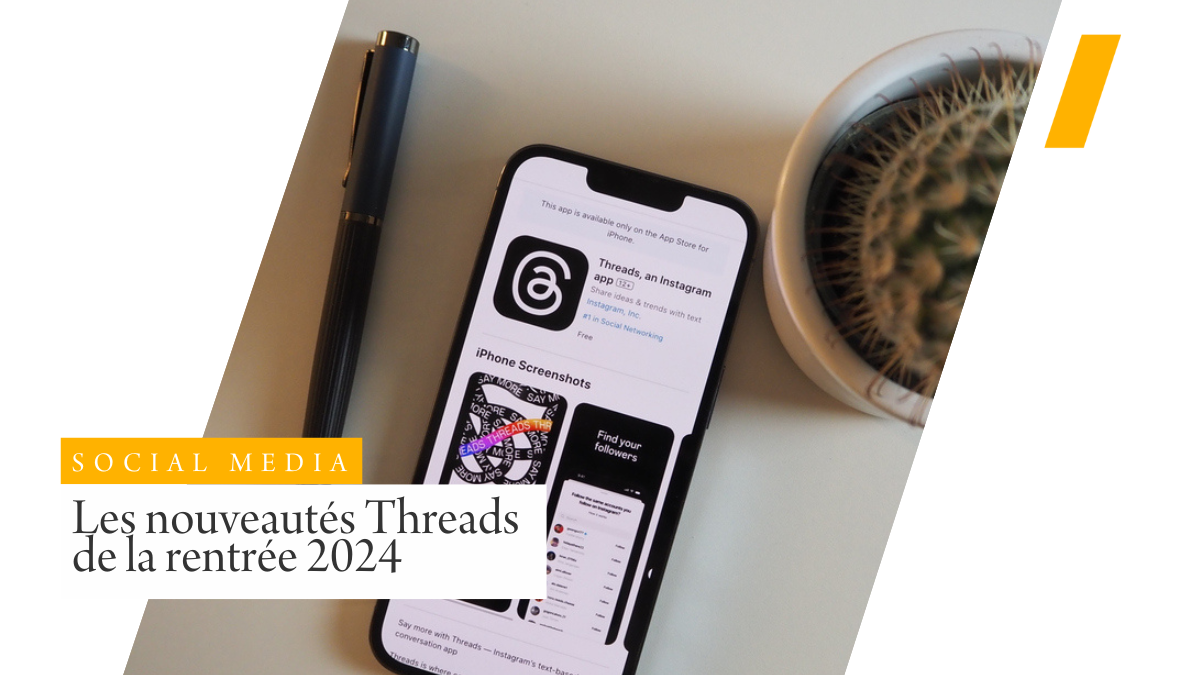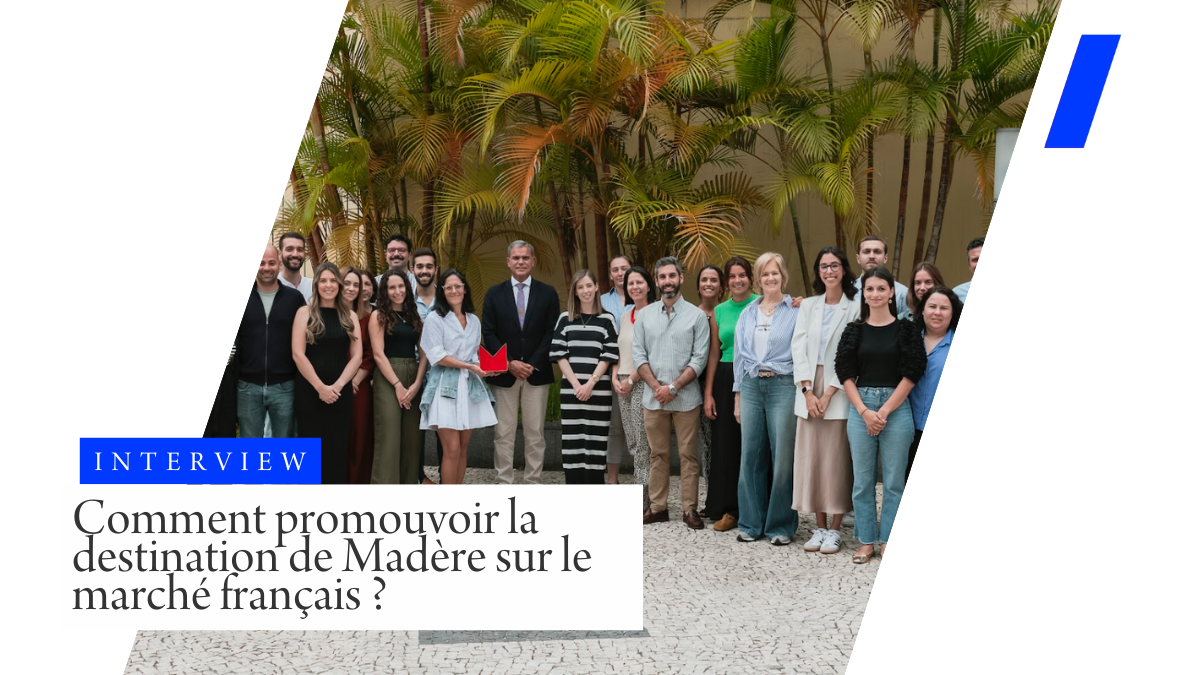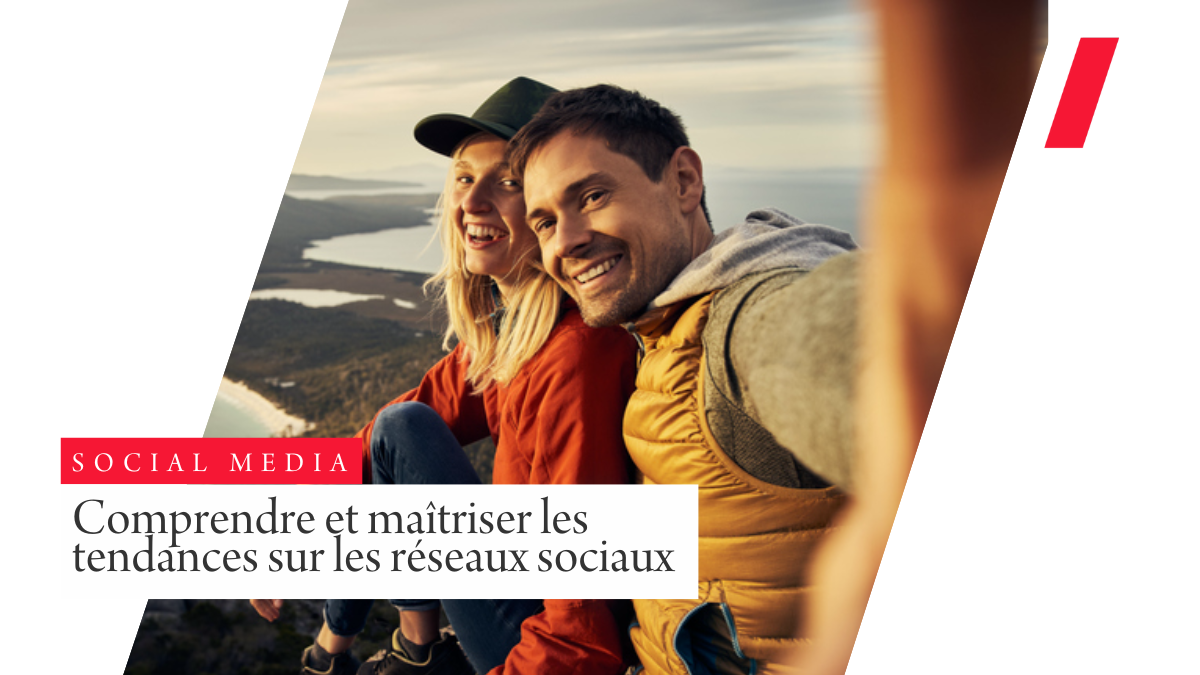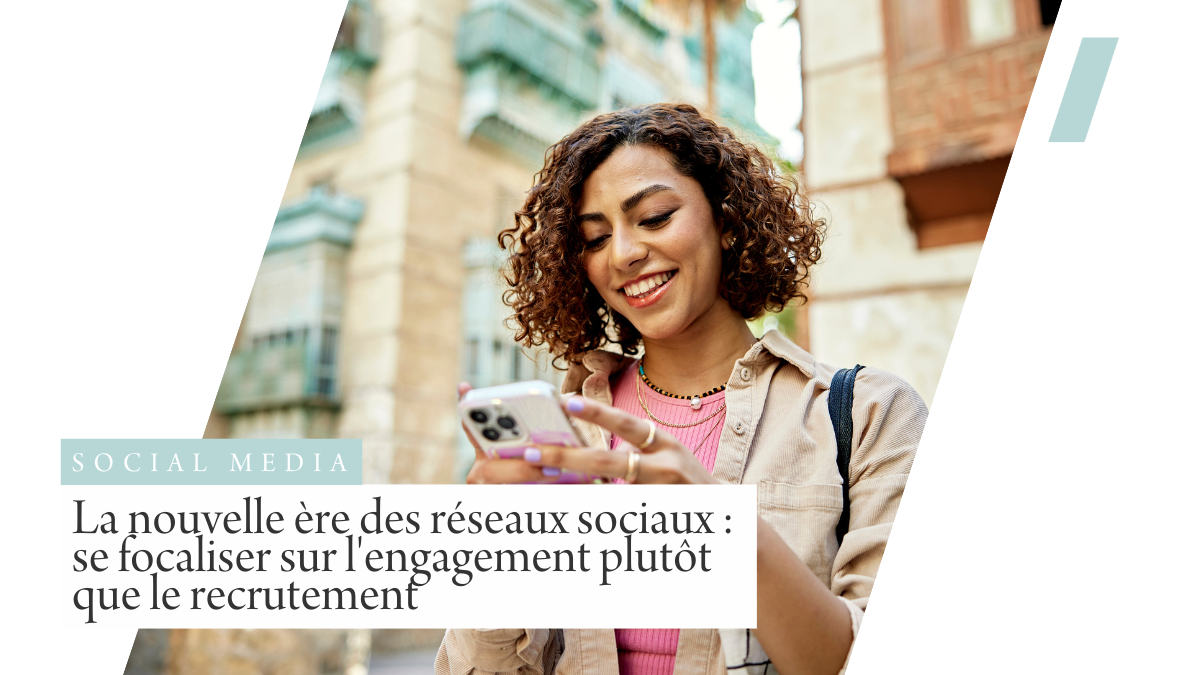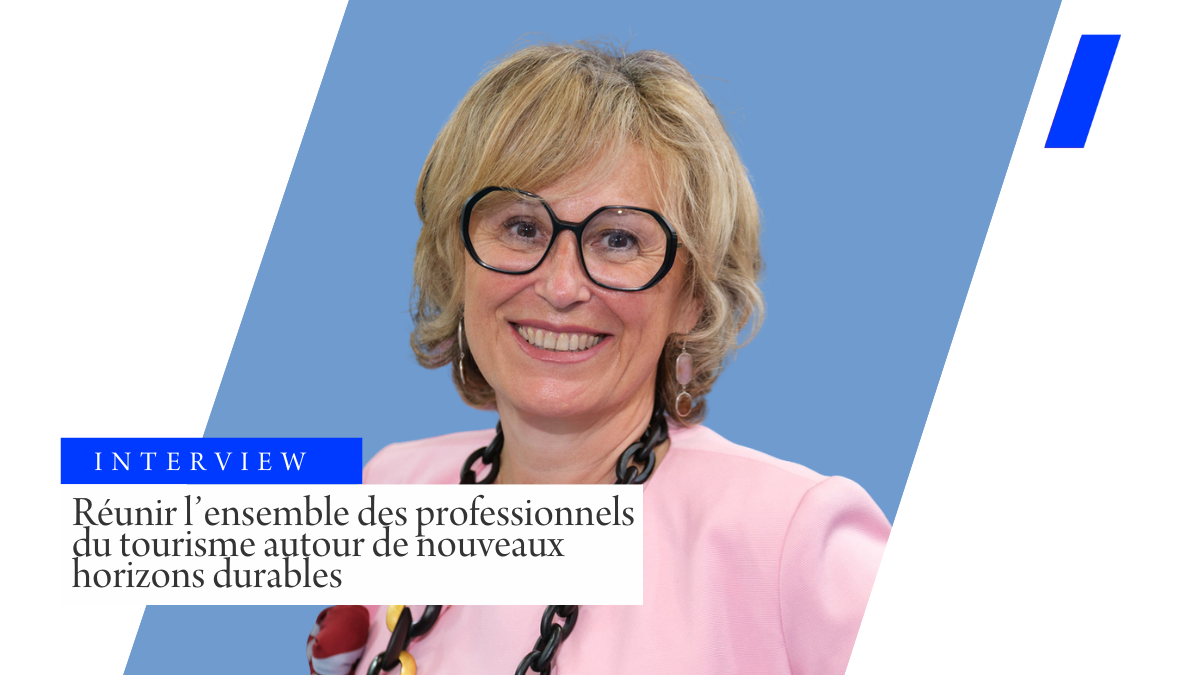Over the past few years, the podcast phenomenon has been booming in France, resulting in exponential growth in the number of programs offered to an ever-increasing number of loyal listeners.
If we were to sum up the typical native podcast listener in a few words, we could say that he or she is a “young, curious, ultra-connected urbanite”.
Indeed, according to a September 2019 Havas study, 58% of listeners are under 35, and 69% of them are city dwellers.
As we’ll see later, podcasts come in 2 forms: radio replay and native podcast.
It’s the latter, here, that interests us most.
All the more so since a Médiamétrie study revealed that 9% of French people listen to native podcasts at least once a week, representing 3.4 million people – a highly relevant potential target.
One of the reasons why podcasts are so successful is that they are an easy-to-consume medium that can be accessed anywhere, while at the same time complementing other activities.
So it’s just as much for people who spend time on the move, as for those who work with background music, play sports, and so on.
It’s a great way to have fun, learn and discover, while making the most of your time.
Many fields, such as culture, cinema, entrepreneurship, personal development, criminology and even humor, have taken up the game, but tourism professionals are still relatively new to the subject.
We recently looked at the importance of video for travel brands and destinations in an article, but what about podcasts?
Today, we’re going to take a look at the creation, use and relevance of podcasts in the tourism sector, to identify potential opportunities.
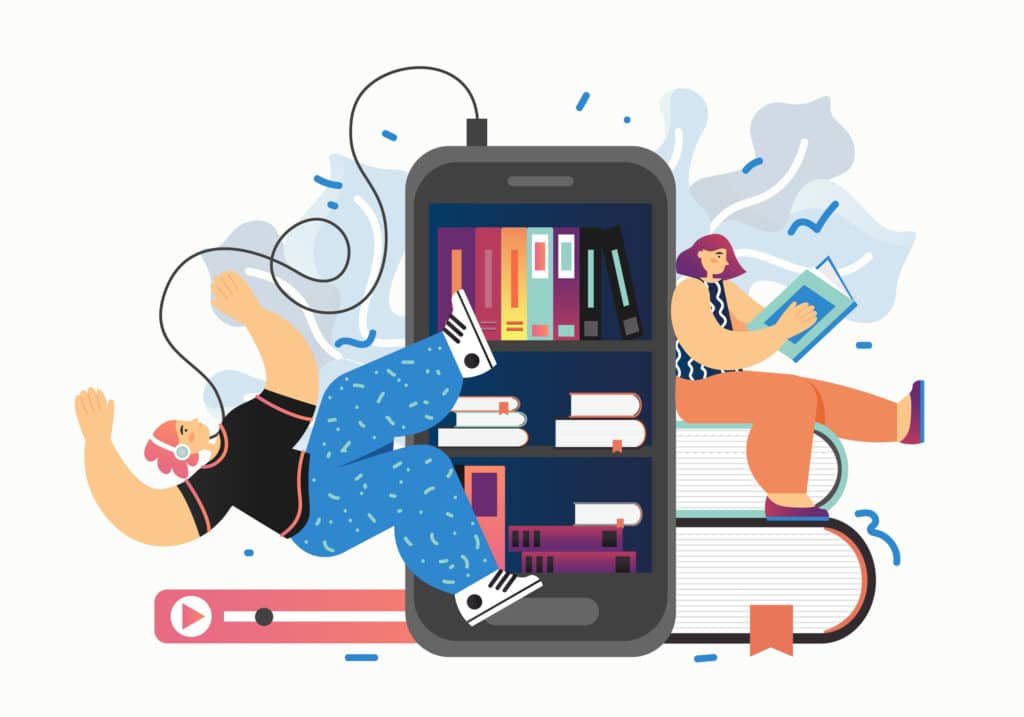
What is a podcast and how do I make one?
First of all, let’s define what a podcast is and how to make one.
The etymology of the word Podcast goes back to British journalist Ben Hammersley, who invented the word by accident by contracting the words iPod and broadcast, in 2004 in an article for The Guardian.
A podcast is defined as digital audio content that can be downloaded or listened to online, anywhere, anytime, thanks to RSS feed technology.
There are 2 types of podcast: reruns of radio programs, which can be listened to on demand, or native content, created specifically for webcasting via dedicated platforms.
The latter are more numerous and easier to produce.
Finally, among native podcasts, we distinguish between independent podcasts, which are broadcast “on their own”, and podcast networks, which represent production houses grouping together different podcasts.
We can mention, for example, historic players such as Radio France, who have embarked on the production of native podcasts (Europe 1, France Culture, RTL, France Inter), as well as the press (Le Parisien, Slate, Elle) and independent players (Louie Media, Nouvelles écoutes, Binge Audio).
Want to create your own podcast?
It’s really easy!
First of all, you need to think about the editorial direction you want to take.
- What subject(s) will you cover?
- In what tone?
- How often will your podcast be broadcast?
- Will you be hosting the podcast alone or with others?
- Will you be entertaining guests?
Your podcast will be all the more masterful and time-saving if you’ve prepared a plan beforehand and done the research to back it up.
As you can see, making a podcast may seem simple, and it is, provided you prepare the subject well.
As far as recording is concerned, contrary to what you might think, you don’t need professional equipment – a simple smartphone or computer with a microphone will do!
The important thing is to record your podcast in a quiet environment.
Once you’ve finished recording, you can use editing software (such as Audacity and Garage Band) to modify and edit the various sequences.
All that’s left is for you to broadcast it on your blog or on one of the various dedicated platforms, but not without giving careful thought to the name of your podcast/channel, its description and the visuals used.
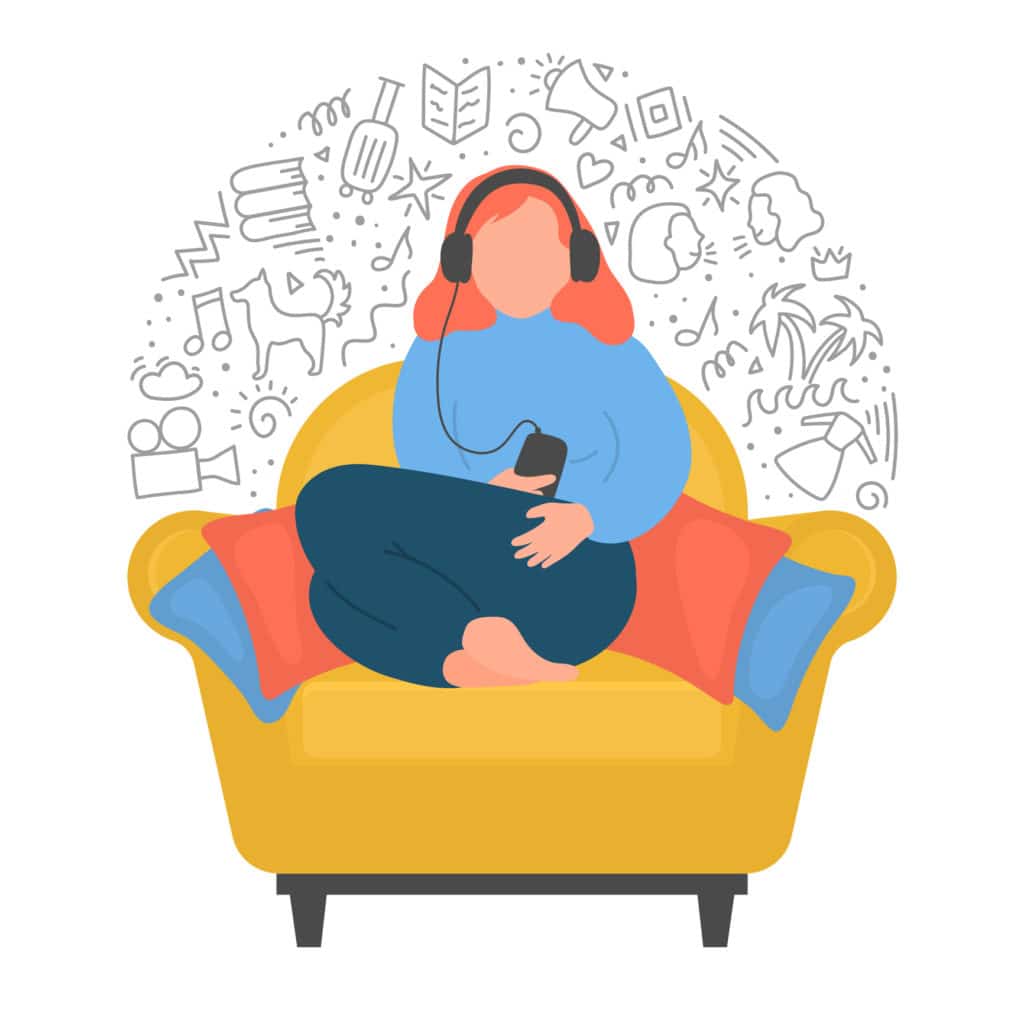
The benefits of podcasting
It’s a well-known fact that the audio format is by nature quite immersive, as it allows you to convey many emotions while capturing the listener’s attention through voice, music or mood.
Thus, creating your own podcast is ideal for communicating effectively and interacting with people in your field of expertise, as it will create a real close relationship with your audience or target public.
It’s an immersive and intimate experience, because being at your listener’s ear for 30 minutes or more to share your experiences and your universe, allows you to forge a different relationship that you can’t have via a blog or a website.
The voice and its evocative power is a fundamental element that opens up the imagination.
From this close relationship comes a strong potential for loyalty: “nearly 90% of listeners return after the first listen” (source L’ADN, 2019).
Finally, as well as being easy to produce, albeit requiring a good deal of preparation, podcasts are not as expensive to produce as videos.
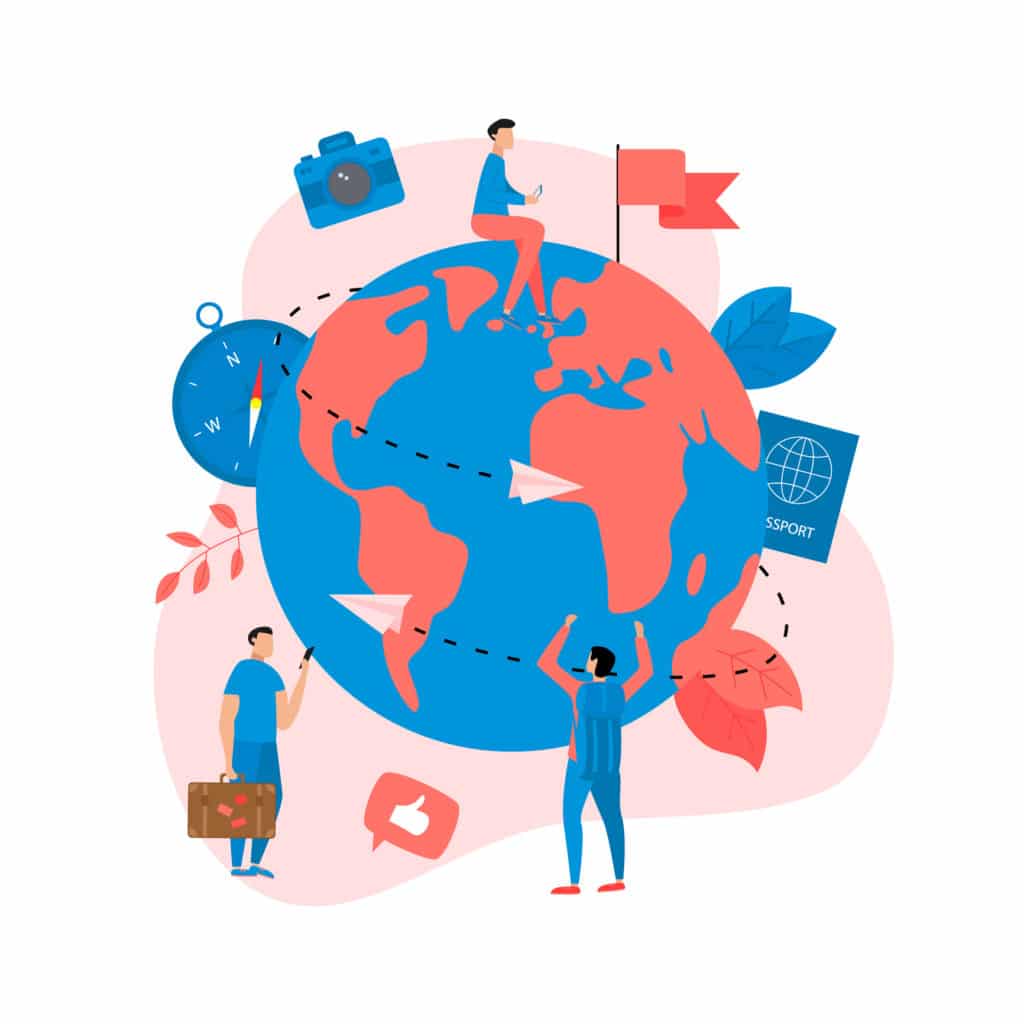
Podcasts in Tourism
In view of all these elements, this type of audio media seems propitious and easily applicable to the tourism field, as it would enable us to reach a different target audience, one that doesn’t necessarily have the time to visit blogs or sites to read articles due to lack of time.
As we’ve seen, the major advantage of podcasts is that they can live alongside another activity: you can listen to a podcast on the move, while working, doing sport, driving, cooking, cleaning, etc. This type of format therefore has a very wide range of uses.
This type of format therefore has a different consumption pattern, and can, for example, be complementary to a blog or a social media strategy.
Thanks to podcasts, tourism brands, destinations and influencers can respond to their audience’s desire to travel the world, to extend their trip, to discover new destinations, or to show how transformative vacations can be and how they can respond to a quest for meaning.
We can easily imagine podcasts recounting blogtrips, travel stories, projects set up, travelers’ experiences or even travel offers on offer.
Let’s take the example of our article ” Designing and promoting a trip with an influencer ” about the partnership between the Voyages Couture agency and influencer Little Gypsy, during the creation of a subscriber trip.
It would have made a great podcast topic.
In spite of this, podcasts are still underdeveloped by French tourism brands and destinations, which would be well advised to invest in this new experiential format, appealing more to the imagination and the senses.
For those who understand the importance of podcasts in the tourism sector, we can mention Voyageurs du monde with “Radio voyageurs”, a podcast channel that covers travel in all its facets via debates, tips and trends, “Les baladeurs”, a channel featuring extraordinary travel stories, or “Sur la route” by France Inter, highlighting the different regions of France via reports.
Finally, in terms of destinations, a fine example to follow is Tarn Tourisme, which launched its own podcast in 2019 by calling on influencer, podcaster and youtuber Alex Vizeo.
The podcast “Le Petit Espanté” thus blends audio guide, narrative and travel report, via which Alex Vizeo describes his experience of the destination Tarn, with a “youthful” vocabulary.
He also has his own successful podcast channel, “Je t’emmène en voyage”, in which he interviews people who have experienced unique/unusual journeys.
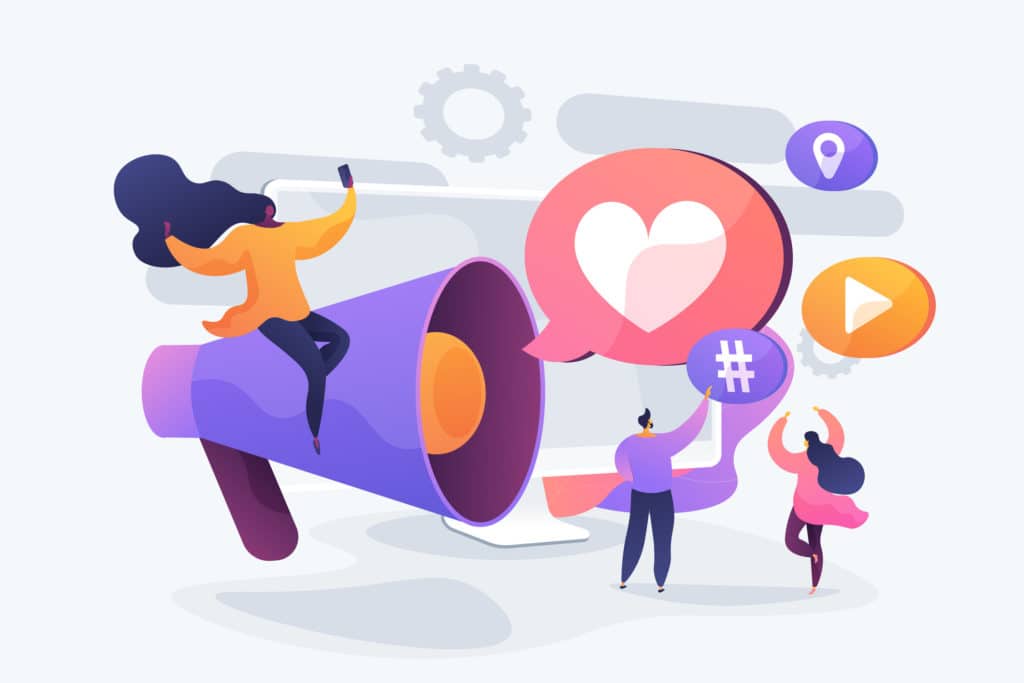
Prospects for brands and destinations
As you can see, the immersive nature of podcasting makes it a smart choice when it comes to motivating, inspiring, convincing, or adding value to formats such as interviews and reports.
Beyond its ability to lend itself to any subject and to be multi-tasking, it has the major advantage of keeping the audience “captive” and rather attentive, in an era of over-solicitation.
And what could be better than travel stories to capture attention and accentuate the podcast’s escapist side?
We’ve found that this innovative medium is still under-invested in by tourism destinations, despite the fact that, by its very nature, it is a more powerful conversion vector than images or short videos.
We can distinguish four types of format of interest to the tourism industry: the radio show-type exchange with presenter and interviewed guests, the audio travel guide, the spoken travelogue and the “field” travel report.
So there are plenty of options open to you!
So, what are you waiting for to start podcasting?
